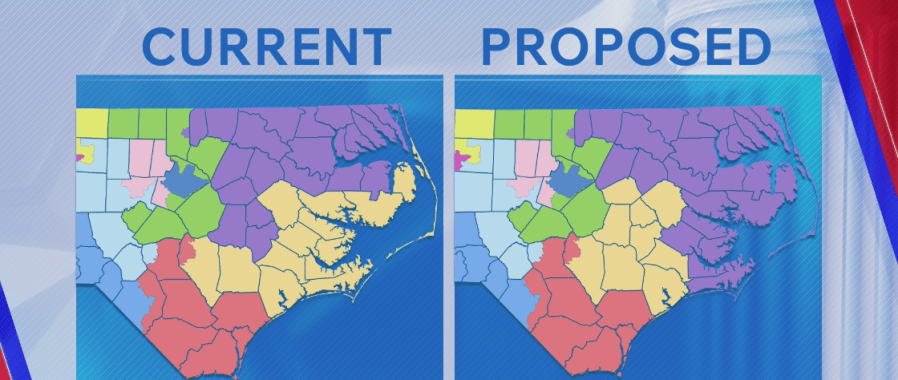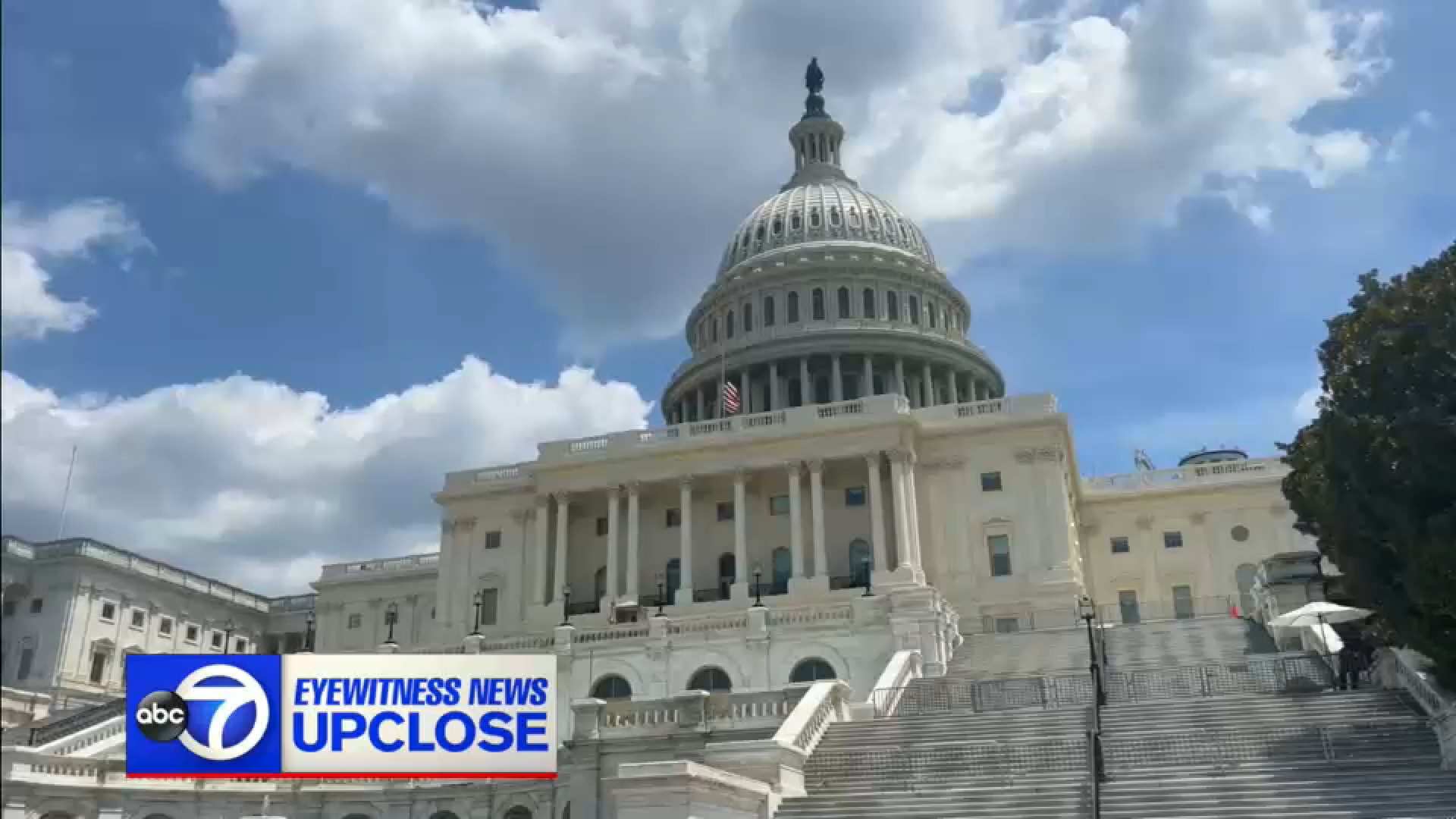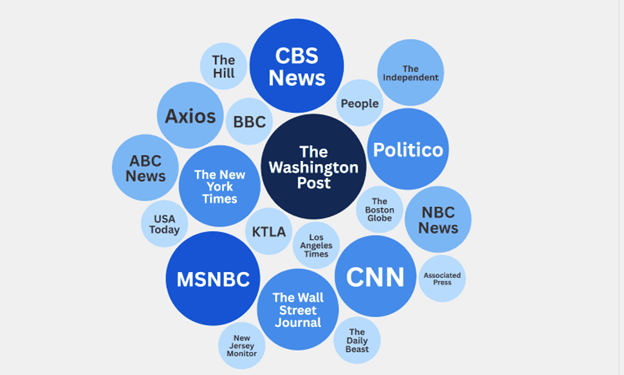The North Carolina Elections Committee has approved a redistricting map proposed by the Republican Party, moving the plan to a Senate vote scheduled for later today. This decision marks a significant step in the GOP’s efforts to reshape the state’s congressional districts ahead of the upcoming elections.
Phil Berger, the North Carolina Senate Leader, and Destin Hall, the House Speaker, unveiled the proposed map last week. They stated that the redistricting aims to safeguard the agenda of former President Donald Trump. In Hall’s words, “President Trump earned a clear mandate from the voters of North Carolina and the rest of the country, and we intend to defend it by drawing an additional Republican congressional seat.”
With a Republican majority in both the state House of Representatives and the Senate, the likelihood of the maps passing is high. The proposed changes would alter North Carolina’s 1st congressional district, which is currently represented by Democrat Don Davis. The plan would remove the east-central counties of Wayne, Wilson, Greene, and Lenoir, replacing them with several counties along the eastern coast, including Carteret and Craven.
If the General Assembly approves the map, it will not require the governor’s approval, as North Carolina’s current laws allow the legislature to finalize redistricting without gubernatorial veto. This proposal comes in the wake of a 2023 redistricting that enabled Republicans to gain three additional U.S. House seats, resulting in a current balance of 10 Republicans and four Democrats among the state’s 14 congressional districts.
The 1st congressional district is regarded as the only competitive district in North Carolina. In the last election, Davis secured his position with a narrow victory margin of just 1.5%. As the Senate prepares to vote on the proposed map, the political landscape of North Carolina may shift dramatically, depending on the outcome.
The implications of this redistricting extend beyond party lines, potentially affecting representation for a diverse electorate in North Carolina. The state’s political dynamics have evolved considerably in recent years, and this latest development could further influence voter alignment in the upcoming 2024 elections.







